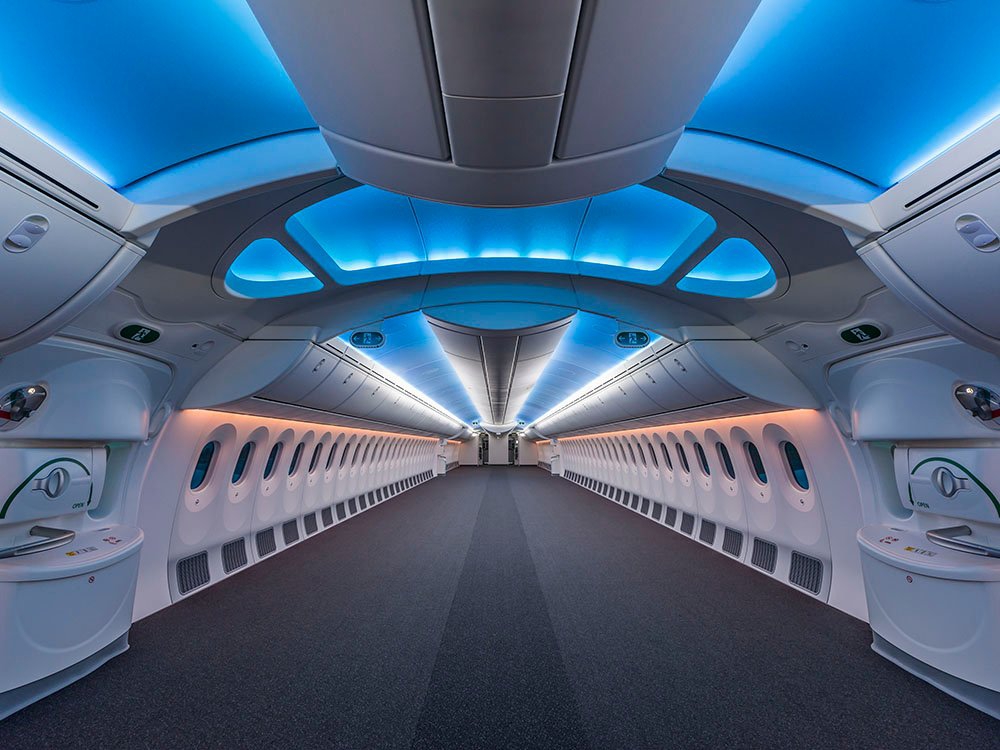
Richard A. Friedman Professor of Clinical Psychiatry and Director of the Psychopharmacology Clinic at Weill Cornell Medicine recently wrote an excellent article in The New York Times about the joys of jet lag – and what to do about it. If this does not effect you – then you are not flying between time zones.
In Summary: Travel east and you’ll need morning light and evening melatonin; go west and you’ll need evening light and morning melatonin.
“There’s a psychiatric hospital not far from Heathrow Airport that is known for treating bipolar and schizophrenic travelers, some of whom are occasionally found wandering aimlessly through the terminals. A study (see below) from the 1980s of 186 of those patients found that those who’d traveled from the west had a higher incidence of mania, while those who’d traveled from the east had a higher incidence of depression.”
“Clinicians have long known that there is a strong link between sleep, sunlight and mood. Problems sleeping are often a warning sign or a cause of impending depression, and can make people with bipolar disorder manic. Some 15 years ago, Dr. Francesco Benedetti, a psychiatrist in Milan, and colleagues noticed (see below) that hospitalized bipolar patients who were assigned to rooms with views of the east were discharged earlier than those with rooms facing the west — presumably because the early morning light had an antidepressant effect”.
Supporting Research: Morning sunlight reduces length of hospitalization in bipolar depression.
BACKGROUND:
Bright artificial light improves non-seasonal depression. Preliminary observations suggest that sunlight could share this effect.
METHODS:
Length of hospitalization was recorded for a sample of 415 unipolar and 187 bipolar depressed inpatients, assigned to rooms with eastern (E) or western (W) windows.
RESULTS:
Bipolar inpatients in E rooms (exposed to direct sunlight in the morning) had a mean 3.67-day shorter hospital stay than patients in W rooms. No effect was found in unipolar inpatients.
“When you quickly cross several time zones, your circadian rhythm remains stuck in the city you left behind. Arriving in Rome with your New York City brain is what produces the unpleasant symptoms of jet lag: fatigue, malaise, poor concentration and mood changes. When you leave New York at 6 p.m., the Italians are probably in bed asleep. But you won’t feel ready for sleep until around 11. To make the right adjustment, you need to shift your internal clock earlier by six hours”.
“The clock in your brain doesn’t just take cues from light, but from the hormone melatonin as well. Every night, about two to three hours before you conk out, your brain starts to secrete melatonin in response to darkness. Taking a melatonin supplement in the evening will advance your internal clock and make it possible to fall asleep earlier; taking it in the morning will do the opposite. (You might assume this would make you even more tired during the day but it won’t; you could think of it as tricking your brain into believing you slept longer.)”
Next time you travel:
- Flyin East: Get morning sunshine and take melatonin in the evening
- Flying West: Get evening light and take melatonin in the morning
But what about those patients in the Heathrow hospital, that was more than just the usual jet lag or are they just end members of the inability of our body to cope with the chemical imbalances that result. Friedman suggests there is more to jet-lag than simply exhaustion, it deeply effects our state of mind but in a systematic manner. While most of you wont suffer from pathological psychiatric disorders when you fly maybe we all suffer from minor psychological issues when we cross time zones. The most obvious may be mild depression. There is a strong suggestion that travelling to the west is simply depressing. So next time you travel try the medication, sunlight and take a few days off work ideally by the sea. PS The sleeping pills wont help the underlying issue at all but sunlight and melatonin just might.
